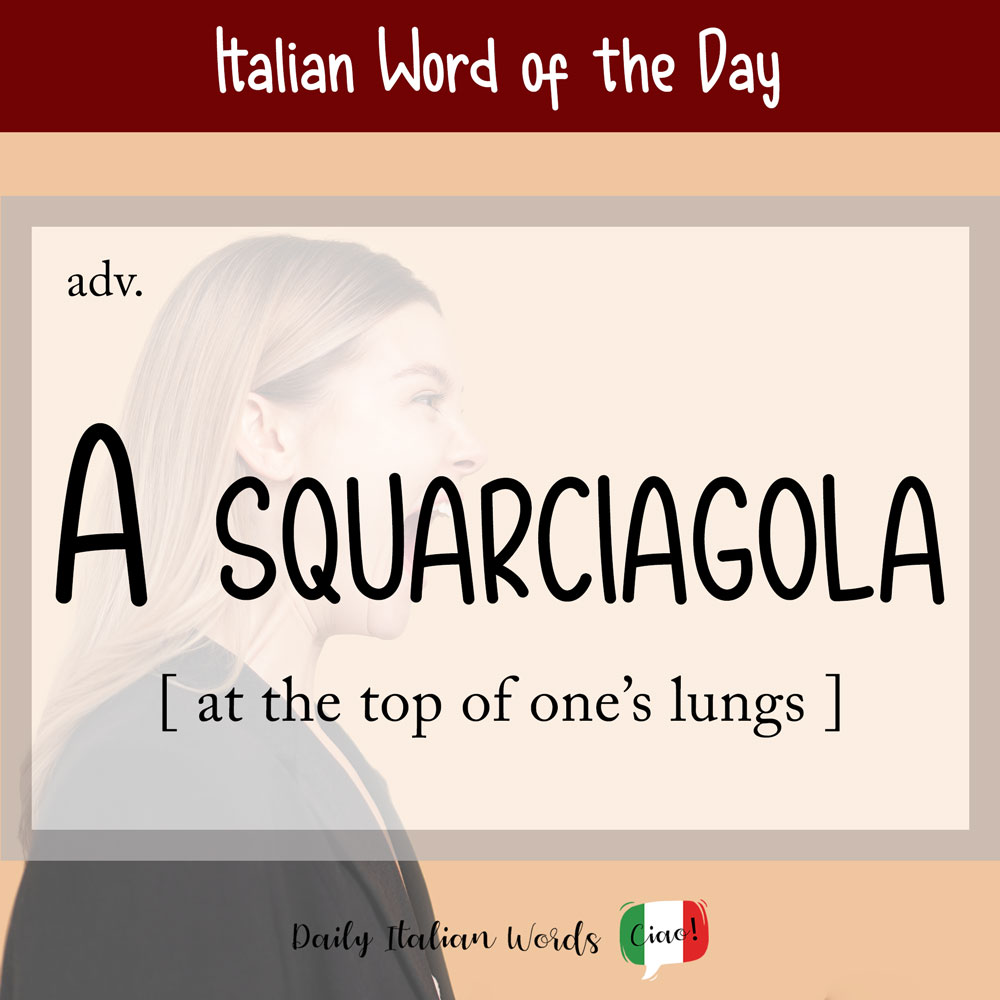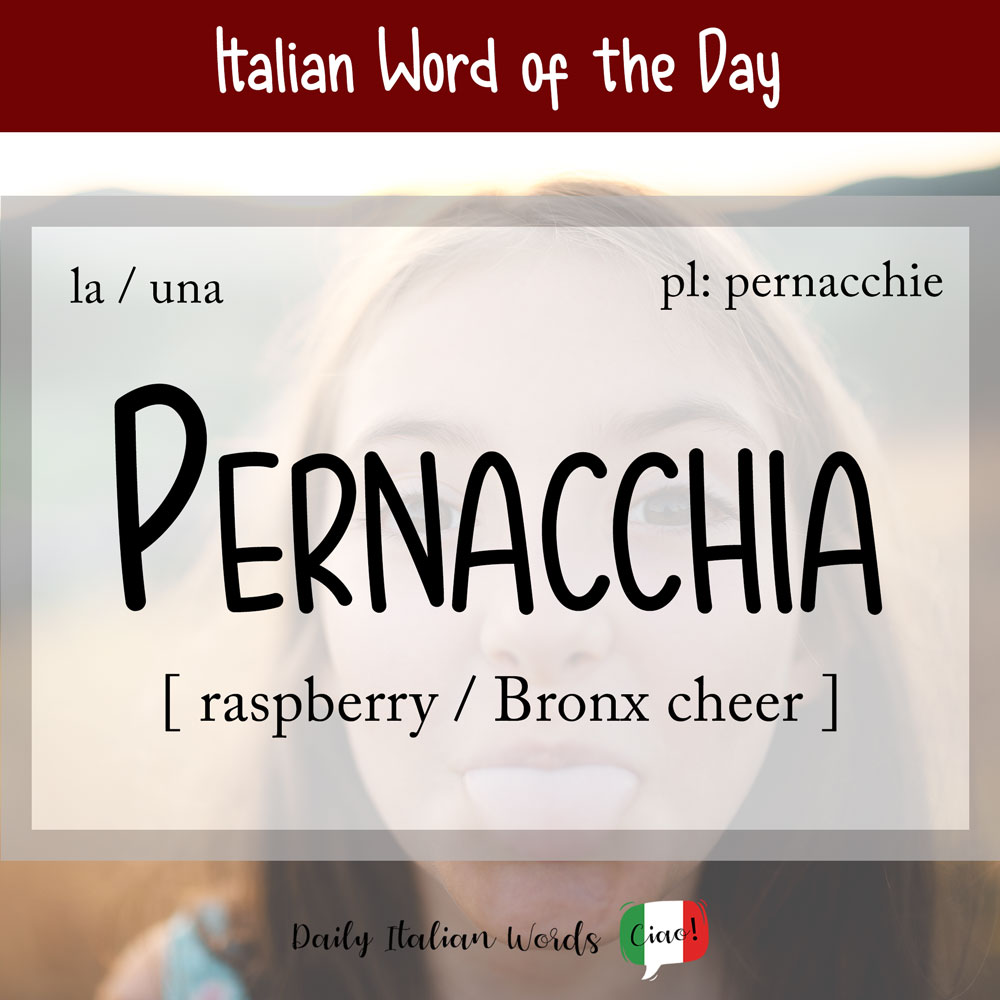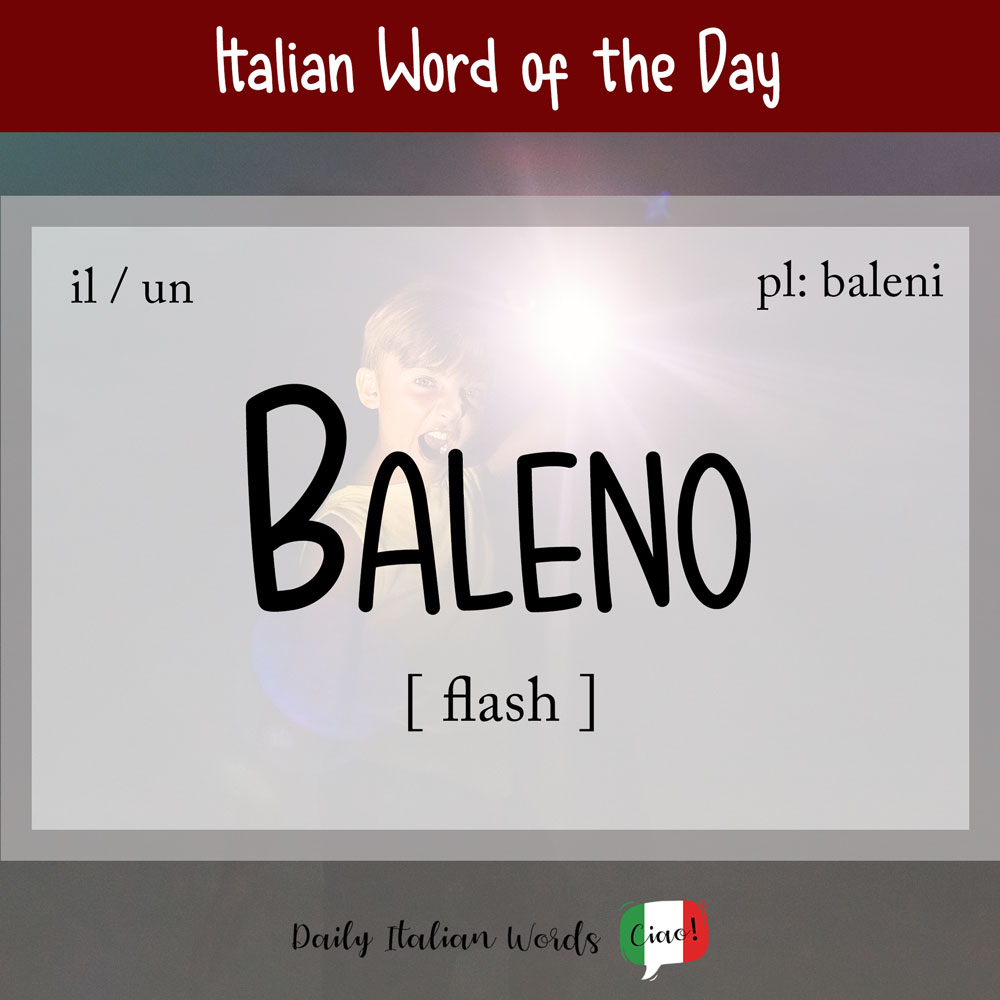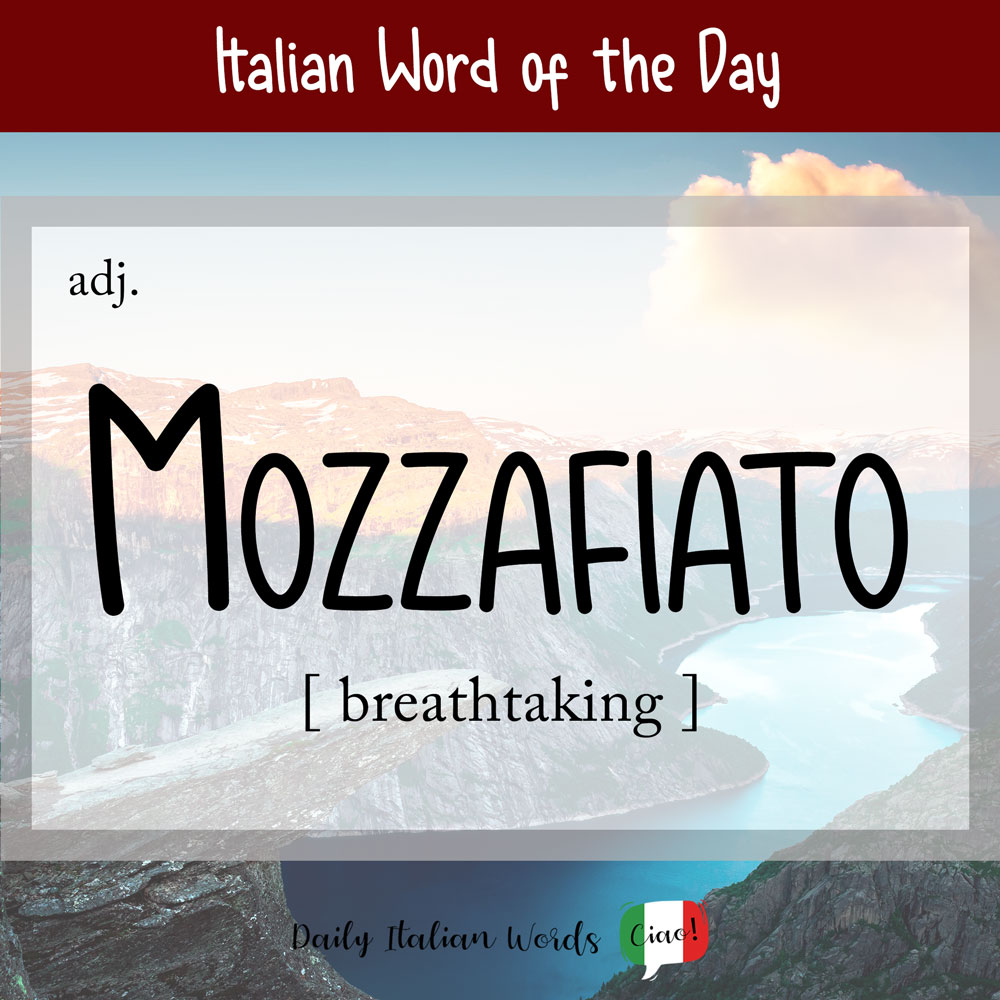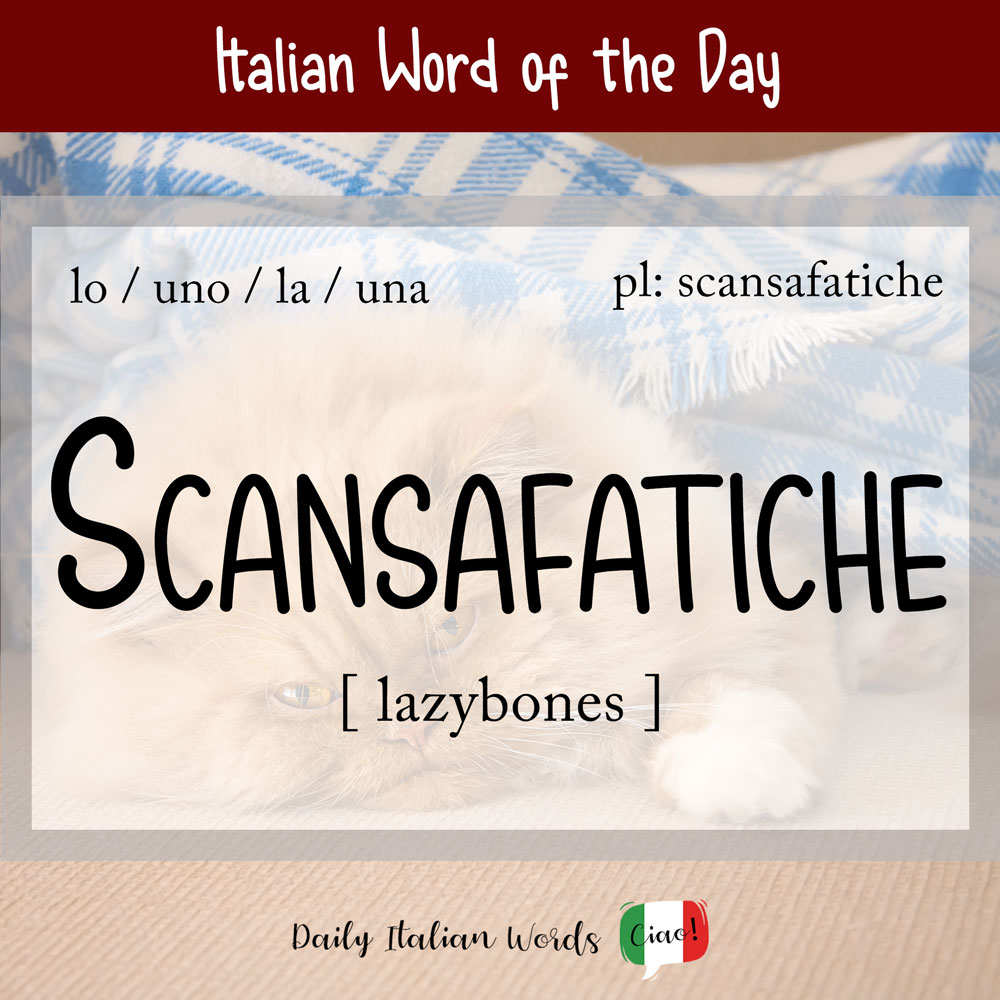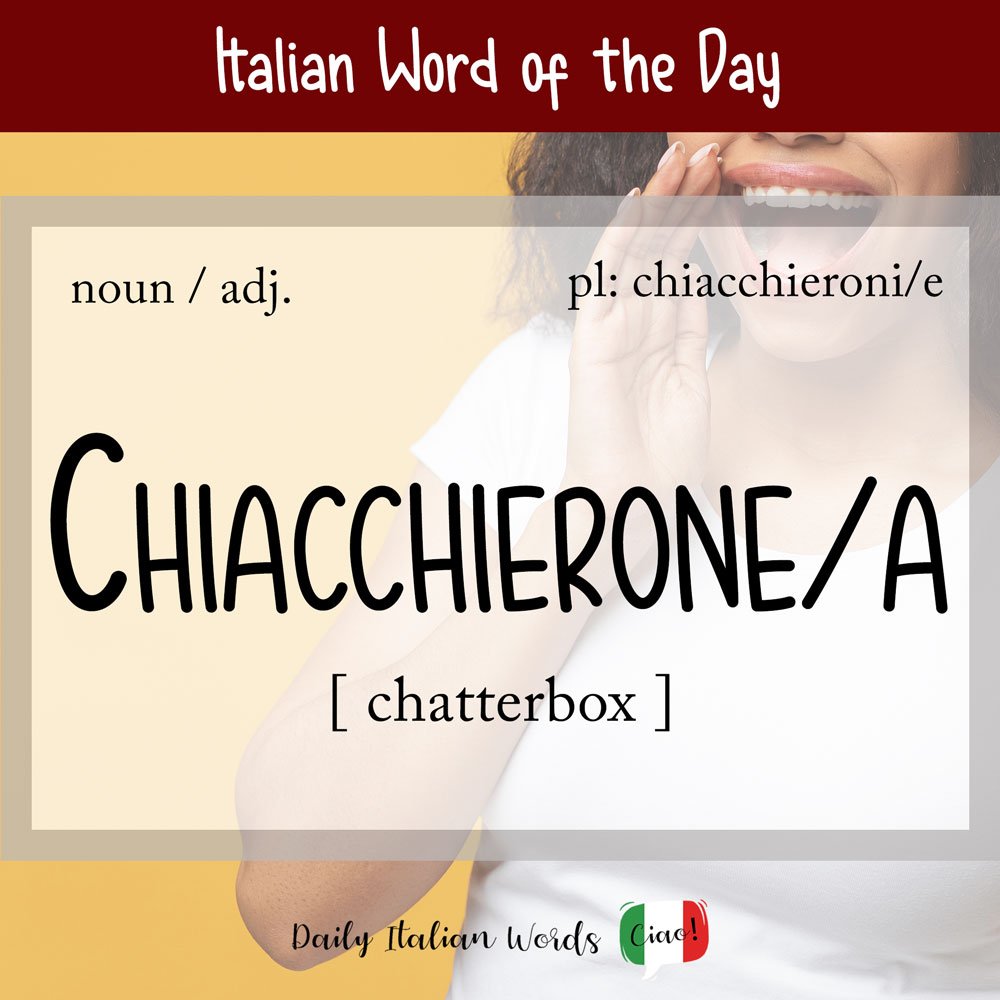Italian Word of the Day: Squarciagola (the top of one’s lungs)
The word squarciagola in Italian, when preceded by the preposition a (at), is the equivalent of the idiomatic English expressions at the top of one’s lungs or at the top of one’s voice. Note that there is an equivalent expression in Italian: a pieni polmoni (lit. with one’s lungs full). It is a combination of …

